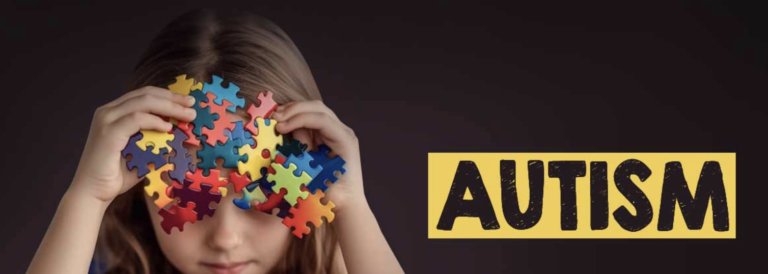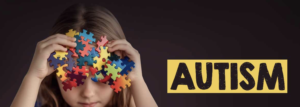Imagen from healisautism.com
Autism, a complex neurodevelopmental disorder, presents unique challenges for individuals in their daily lives. From communication difficulties to sensory sensitivities, navigating the world can be overwhelming for those on the autism spectrum. In this article, we will explore some of the common challenges faced by individuals with autism and provide strategies for overcoming them.
Communication Challenges
One of the hallmark characteristics of autism is difficulty with social communication. Individuals with autism may struggle with verbal and nonverbal communication, making it challenging to express their thoughts and feelings effectively. This can lead to misunderstandings and frustration in daily interactions.
- Use visual aids such as picture cards or communication boards to support communication.
- Practice patience and give individuals with autism extra time to process information and respond.
- Encourage the use of alternative communication methods such as sign language or assistive technology.
Sensory Sensitivities
Many individuals with autism experience sensory sensitivities, which can make everyday experiences overwhelming. Bright lights, loud noises, and certain textures may trigger sensory overload, leading to anxiety and meltdowns.
- Create a sensory-friendly environment by reducing sensory stimuli and providing sensory tools like noise-canceling headphones or fidget toys.
- Establish a routine to help individuals with autism anticipate and prepare for sensory challenges.
- Offer breaks and quiet spaces where individuals can retreat to when feeling overwhelmed.
Executive Functioning Difficulties
Executive functioning refers to a set of mental skills that help individuals plan, organise, and complete tasks. Many individuals with autism struggle with executive functioning, making it difficult to manage daily responsibilities and stay organised.
- Break tasks down into smaller steps and provide visual cues to help individuals with autism follow through.
- Use schedules and checklists to help individuals stay on track and prioritise tasks.
- Provide support and guidance in developing time management and organisational skills.
Living with autism presents unique challenges in daily life, from communication difficulties to sensory sensitivities and executive functioning issues. By understanding these challenges and implementing strategies to support individuals with autism, we can help them navigate the world more effectively. Through patience, empathy, and tailored support, we can create a more inclusive and accommodating environment for individuals on the autism spectrum.
































+ There are no comments
Add yours